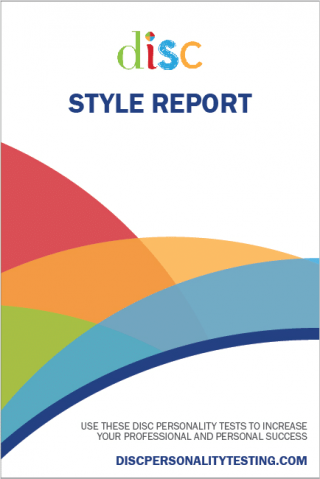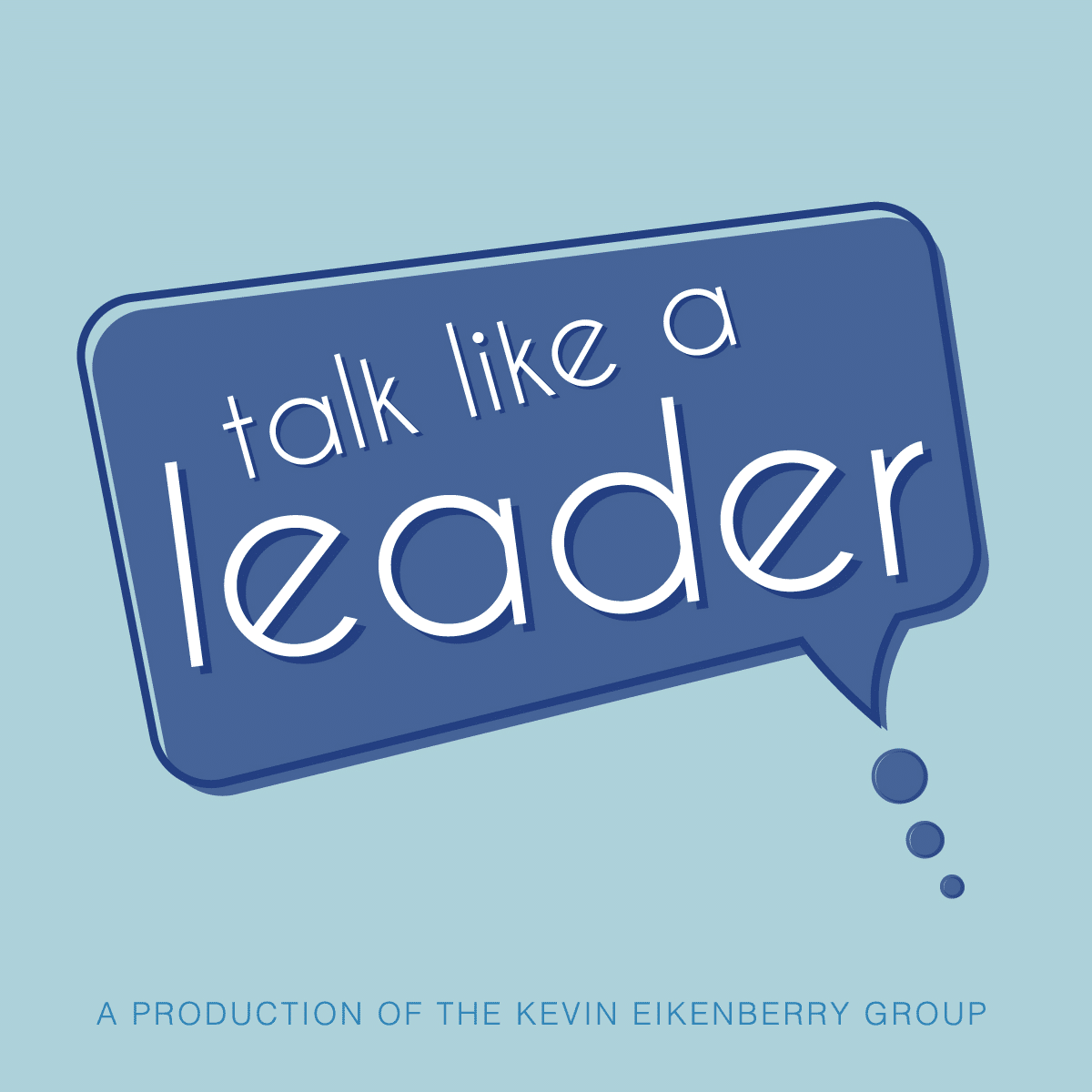This DISC Personality Test Will Help You Increase Your Personal and Professional Success
Already Know What You're Looking For?
Take a Free DISC Personality Test
If you are looking for a fast way to better understand yourself – and others, you are in the right place. Our Free DISC Personality Test will give you an instant estimate of your DISC personality profile based on answers to only 12 short questions.
A DISC personality test will help you to rapidly gain insights into your blend of DISC personality and behavioral traits. With this knowledge, you can better connect and communicate with others.
In about 10 minutes, you’ll have a better understanding of why you communicate the way you do. Using this understanding, you can communicate more effectively. With your DISC personality test results, you can:
- Immediately improve your communication skills
- Connect with co-workers more effectively
- Understand what you need to do to be more successful when working with others.
Full DISC Personality Test
If you want more detail than our free DISC assessment offers, you can get the full DISC assessment for a more complete view of your DISC style and how you can use the information. With a full DISC style assessment and report, you'll get:
- A personalized analysis of both your natural and adapted DISC styles
- A thorough review of all four DISC styles and how you work within those styles
- Insights into the greatest strengths you bring to and the reatest concerns you have in your workplace
- Overview of the DISC styles that complement your strengths
- Strategies for communicating more effectively with people who have different DISC styles
- Analysis of your response to stressful situations
- A look at how others view you and your communication style
- Information on how to adapt your DISC style
- And so much more.
What is the DISC Model?
The foundation for the DISC model comes from the work of a Harvard psychologist named Dr. William Moulton Marston in the 1920's. He developed a theory that people tend to develop a self-concept based on one of four factors — Dominance, Inducement, Steadiness, or Compliance. Marston’s theories form the basis on which DISC assessments and reports are built.
We Help People Reduce Frustration, Stress and Conflict in Interactions with Others, So They Get Better Relationships and Results
Have you ever been:
- Confused by another person’s words and actions,
- Frustrated by having your words and actions misinterpreted, or
- Struggled to connect with another person?
If you have, we understand because we’ve been there, too. And, we've found ways to better address those problems using the DISC model.
Just like you, we work with people who don’t see things the way we do, interpret situations through the lens we use, or approach decisions with the same focus we have. We also want to help you resolve those challenges and conflicts in the fastest and lowest stress way possible. That’s why our goal is to provide tools and resources based on the DISC model to help you:
- Reduce your frustration and stress, and
- Improve your communication and results.
Yes, we sell assessments, and we are not an assessment company. We are a learning and development company with a focus on and a desire to help you find practical solutions to the communication and relationship problems you face both at work and at home.
Solutions for Teams and Organizations
DISC Assessment, Report, and Training Options
If you're looking for DISC assessment and training resources for your team or organization, we've got you covered. Our offerings include individual and team DISC assessments and reports, DISC training resources you can use with your team, and custom coaching and training on how to practically apply the DISC model to your situation.
Can Your Personality Change Over Time?
When people take a DISC assessment, they often wonder if their style can change over time. In this video, we'll be answering that question.
Applying What You Learn from Your DISC Personality Test
To get the greatest value from this online personality test, first study the basic behavioral descriptions offered by the DISC behavioral model. Then, evaluate your behavioral and communication traits as described by the DISC model and revealed by the results of your DISC assessment. Finally, consider the other people in your life and how their DISC personality style interacts with yours. As you gain insights and perspectives on the dynamics of your interactions with others, you will see ways to adjust either your perspective or your behaviors. When you adjust, you can bridge the differences between you and the other people in your life.
Here are some of our resources that can help you apply the DISC model for greater success:
Our blog has posts that help you better learn and apply the DISC model in a practical way.
A weekly podcast with Guy Harris, exploring the mindset, skillset, and habitset of leadership communication. Many of the episodes are based on things you can learn from the DISC model, and not all of them are. The Talk Like a Leader Podcast is about the full range of leadership communication. Using the DISC model is one part of the bigger picture.
Our YouTube Channel has lots of videos about the DISC Model and how to use it effectively in your life and organization.
Things to Remember as You Use the DISC Model
Remember that your DISC personality profile represents the blend of your DISC traits.
Very few people are perfectly represented by any single DISC trait — not you and not the other people in your life.
Read your DISC assessment report with an eye towards looking for tendencies and generalities rather than absolutes and then apply that same flexibility of understanding to others.
Get a Sample of the Individual DISC Assessment Report or the DISC Team Style Report







